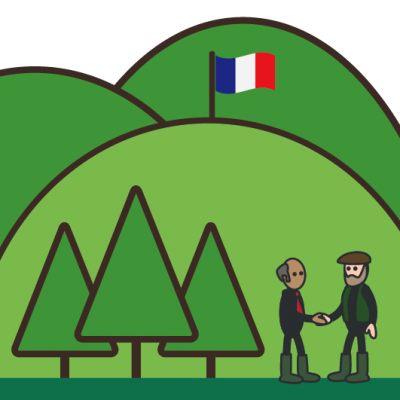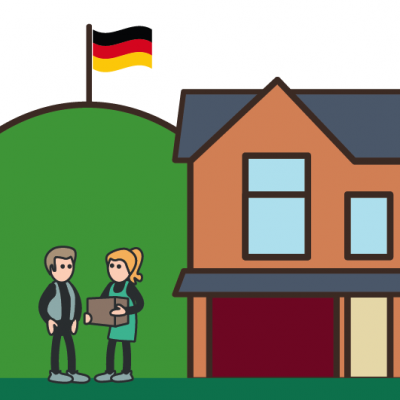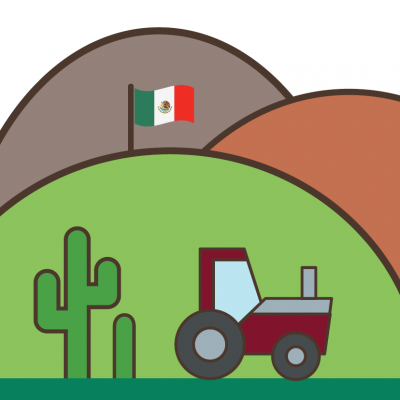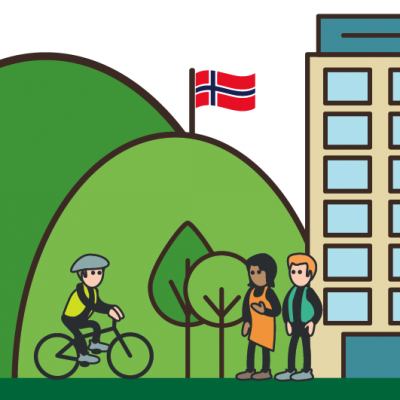International Experience
The world has never seemed smaller and learnings from international experience have never seemed more relevant. The Scottish Land Commission is looking at international experience of land ownership and use to apply learning to Scotland. Is there such a concept as ‘normal’ community ownership, in Scotland, or anywhere? In-depth international case studies inform our research into ownership, raising new ideas and thinking – not just about community ownership, but our wider approach to the governance of land ownership, use, and rights in Scotland.
From our research into how other countries support community ownership, 'Review of International Experience of Community, Communal and Municipal Ownership of Land,' and its accompanying Land Focus paper, we have explored a number of detailed case studies spanning a wide variety of topic areas, from a host of countries across the globe. This report provides a much wider and deeper understanding of land ownership, use, and management approaches in other countries and jurisdictions and clearly answers the question of what 'normal' community ownership looks like – there’s no such thing.
Below are four case studies from France, Germany, Mexico and Norway – exploring forestry, housing, agriculture, and community ownership, respectively – drawn from the report and highlighted here to give a differing perspective on these key land ownership, use and management areas. For more case studies, including the USA, South Africa, Canada and Kenya, please read the full report.





